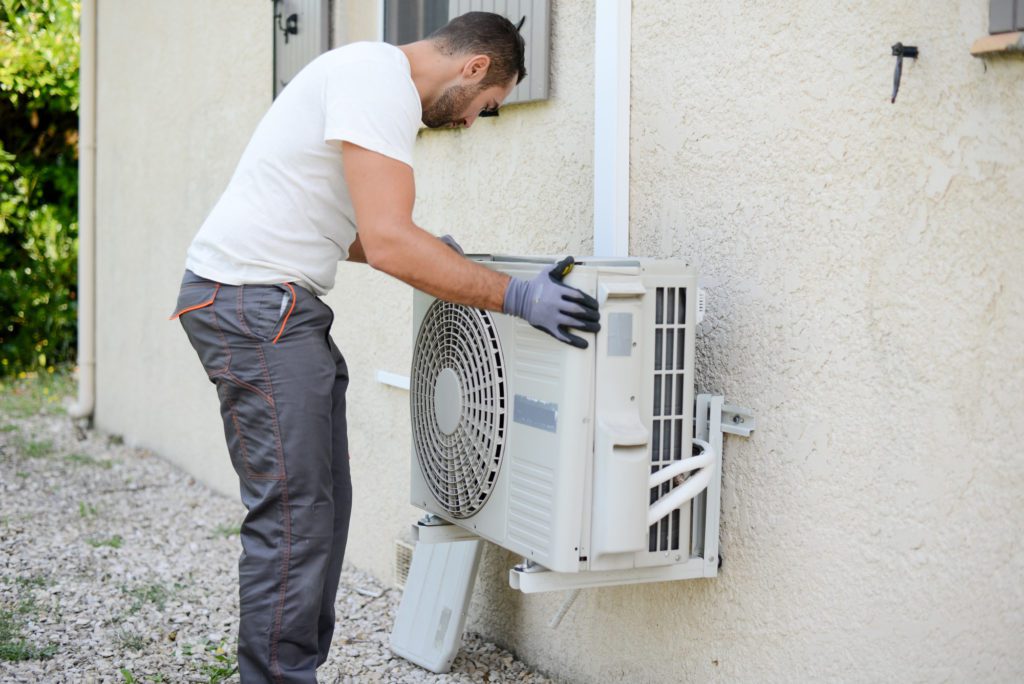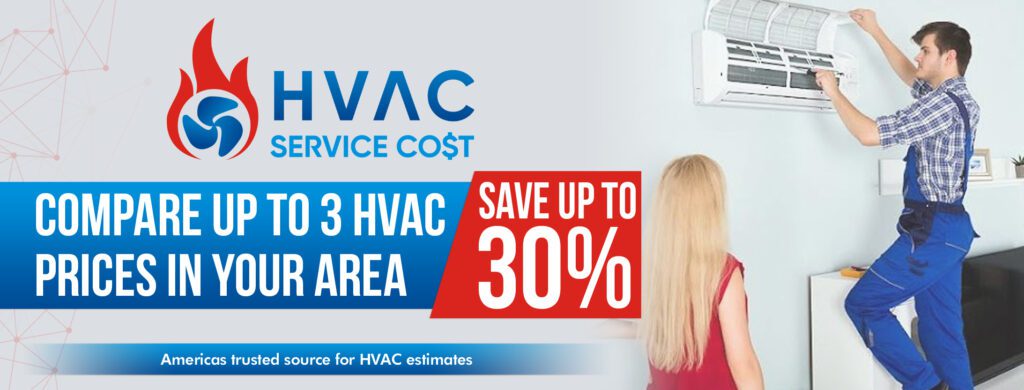
What is a Dual HVAC System?
A dual HVAC system is two complete heating, ventilation, and air conditioning systems in one building. This type of system provides zoned comfort by cooling or heating only the areas of the building that are occupied. It can also save energy by regulating the temperature in each zone to meet the occupants’ needs.
Benefits of a dual HVAC System
- A dual HVAC system is an excellent way for homeowners to not only save money on their energy bills but also create a more comfortable environment.
- It provides two complete heating, ventilation, and air conditioning systems in one building, allowing for zoned climate control.
- This means that areas of the building that are occupied or used more often can be kept at a comfortable temperature, while unoccupied areas can be kept cooler or warmer.
- In addition to creating a more comfortable environment and saving money on energy bills, dual HVAC systems also help reduce noise levels in the home.
- With two separate systems running simultaneously, noise is spread out over a larger area of the house, leading to less

How Does a Dual HVAC System Work?
A dual HVAC system works by using two separate systems to heat and cool a building. Each system is independently controlled, allowing for zoned temperatures in different areas of the building. This type of system is ideal for buildings with multiple levels or rooms that have different climate control needs.
- The first part of a dual HVAC system is the outdoor unit, which pumps refrigerant to and from the indoor evaporator and condenser coils.
- The outdoor unit is connected to a thermostat in each area of the building, allowing it to regulate the temperature in each zone as needed.
- The second part of a dual HVAC system is the air handler, which circulates air throughout the building and helps to filter out allergens and pollutants.
- The air handler can also be used to control humidity levels in each zone, which is important for maintaining a comfortable temperature in your home.

Cost of a Dual HVAC System
The cost of a dual HVAC system can vary depending on the size and complexity of the installation.
- Generally, dual HVAC systems are more expensive than single-system systems due to the additional equipment and installation costs.
- However, they can offer savings in the long run due to their energy efficiency and ability to provide zoned climates in different areas of the building.
- On average, dual HVAC systems can cost anywhere from $5,000 to $15,000.
Ultimately, the decision of whether or not to install a dual HVAC system comes down to personal preference and budget. If you are looking for an energy-efficient way to regulate different temperatures in different parts of your home, a dual HVAC system may be the right option for you.
Pros and Cons of a Dual HVAC System
- One of the main advantages of a dual HVAC system is its ability to save energy by creating separate climate-controlled zones.
- By only heating or cooling areas that are occupied, a dual HVAC system can reduce energy costs significantly.
- Additionally, dual HVAC systems can create a more customizable environment by allowing for different temperatures in different parts of the building.
- However, dual HVAC systems can be more expensive to install and maintain than single-system systems due to the additional equipment and installation costs.
- Additionally, dual HVAC systems may not be suitable for all buildings, as they require a larger amount of space for their components.
Overall, a dual HVAC system can be a great way to save energy and money. However, it is important to weigh the pros and cons before deciding if this type of system is right for you.

How to Maintain a Dual HVAC System
Maintaining a dual HVAC system is essential for ensuring optimal performance, energy efficiency, and comfort. Regular maintenance helps to reduce the risk of breakdowns or other issues that can lead to costly repairs.
Change Air Filters
- One of the most important maintenance tasks for a dual HVAC system is changing the air filters.
- Dirty air filters can reduce airflow and cause the system to work harder, leading to higher energy bills.
- It is recommended that air filters be changed every three months or as needed.
Check For Wear and Tear
- In addition to changing the air filters, it is important to regularly inspect the equipment for signs of wear and tear.
- This includes checking hoses and belts for any cracks or fraying.
- If any parts appear to be worn out or damaged, they should be replaced as soon as possible.
- It is also important to have your HVAC system serviced on a regular basis to extend the life span of your system.
Keep Free of Debris
- Finally, it is important to keep the outdoor unit clean and free of debris.
- Debris can interfere with the system’s ability to cool or heat efficiently and can even lead to breakdowns.
- Keeping the outdoor unit clean and clear of debris can help to ensure optimal performance.
Overall, regular maintenance is essential for keeping a dual HVAC system running efficiently and providing a comfortable environment in your home. By following these steps, you can keep your system running smoothly for years to come.

What to Look for When Choosing a Dual HVAC System
When choosing a dual HVAC system, there are several important factors to consider.
- First and foremost, it is important to choose a system that is the right size for your home; too small of a system will not be able to adequately heat or cool your space, while too large of a system can be inefficient and cause higher energy bills.
- It is also important to look for dual HVAC systems that come with energy-saving features such as variable-speed motors and programmable thermostats.
- Additionally, if you live in an area with extreme temperatures, it may be beneficial to choose a system with additional features such as dehumidification or air filtration.
- Finally, it is important to choose a system from a reliable manufacturer, in order to ensure that you get the best quality and performance from your system.
By following these guidelines, you can be sure to find the right dual HVAC system for your home.




Leave a Reply